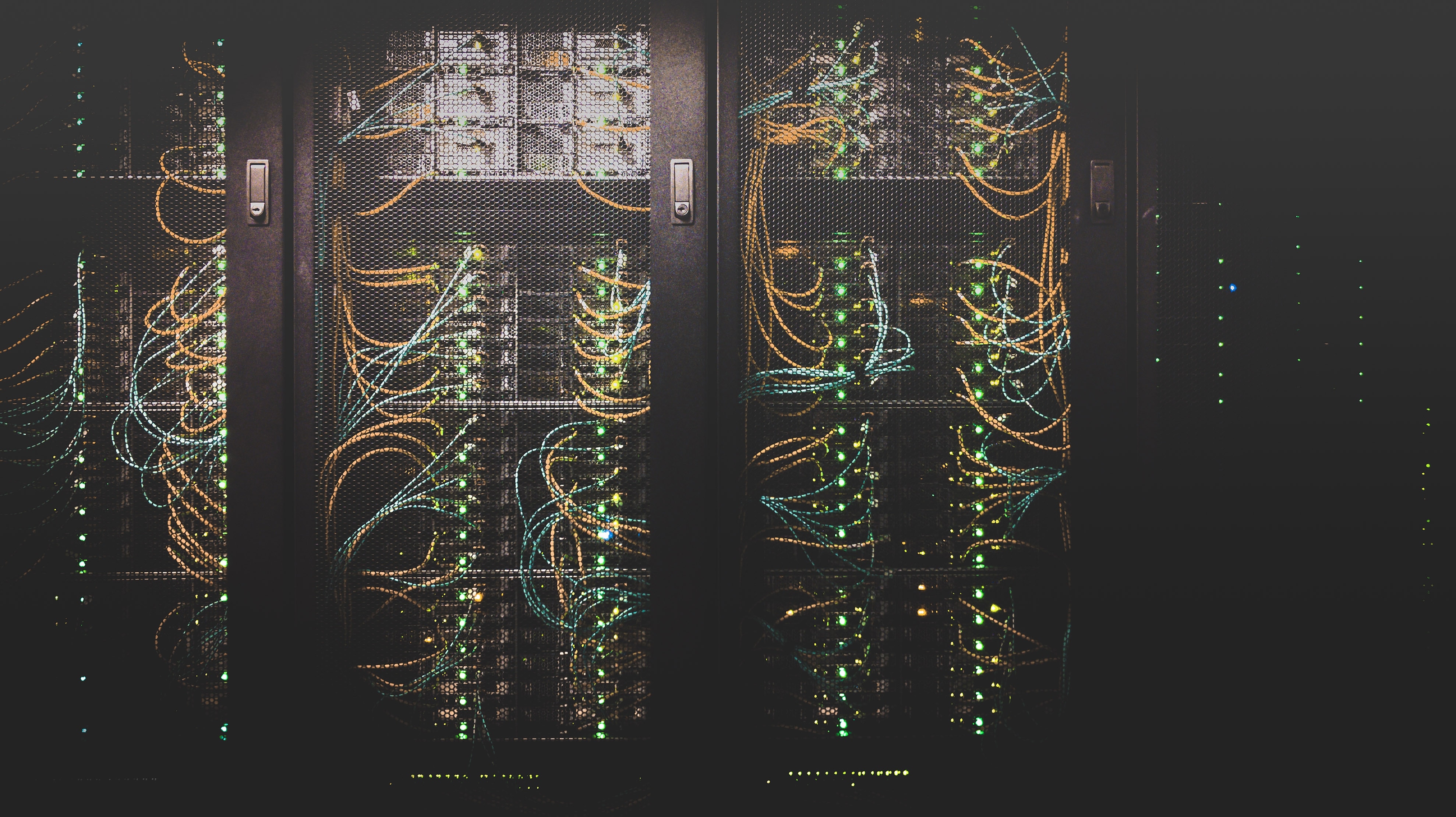Why Fibre Trumps Copper for Broadband Connectivity in the UK
In the fast-paced digital era, where seamless connectivity is not just a luxury but a necessity, the choice between fibre and copper for broadband infrastructure becomes a pivotal decision. Let's delve into the intricacies of this choice, shedding light on why fibre-optic technology stands head and shoulders above traditional copper cables in the context of the United Kingdom's telecom landscape.
The Need for Speed: Unveiling the Bandwidth Battle
In the realm of broadband, speed is undeniably king. Fibre-optic cables, made of thin strands of glass or plastic, have revolutionised data transmission by offering significantly higher bandwidth compared to their copper counterparts. The inherent properties of fibre allow for the transmission of more data over longer distances at lightning speeds. This translates into a smoother online experience for users, making fibre-optic broadband the go-to choice for those who crave high-speed internet.
Reliability Redefined: Weathering the Storms
One of the critical advantages of fibre optics lies in its resilience to environmental factors. Unlike copper, which can be susceptible to interference from electromagnetic signals and inclement weather, fibre-optic cables are immune to such disturbances. This means that even during adverse weather conditions, fibre broadband users can enjoy a stable and reliable connection. In a country like the UK, where unpredictable weather is the norm, this reliability factor becomes a game-changer.

Future-Proofing Connectivity: Embracing Technological Advancements
Investing in fibre-optic broadband is not just about meeting current needs; it's a strategic move towards future-proofing connectivity. As technology continues to evolve at a rapid pace, fibre-optic infrastructure ensures that the network can accommodate increasing data demands seamlessly. Whether it's for remote work, online education, or immersive entertainment experiences, fibre-optic broadband lays the groundwork for a digitally advanced future.
Job Opportunities in the Telecom Sector: Building the Network of Tomorrow
The expansion of fibre-optic networks across the UK not only enhances connectivity but also opens up promising job opportunities in the telecom sector. As the demand for skilled professionals grows, various roles come into play, ranging from fibre optic technicians and network engineers to project managers. Let's explore a few of these roles and their average salaries:
Fibre Optic Technician
Average Salary: £25,000 - £35,000 per annum
Responsibilities: Installation, maintenance, and repair of fibre-optic cables, ensuring optimal performance of the network.
Network Engineer
Average Salary: £30,000 - £45,000 per annum
Responsibilities: Designing and implementing network solutions, troubleshooting issues, and ensuring the overall health of the fibre-optic infrastructure.
Project Manager - Telecom
Average Salary: £40,000 - £60,000 per annum
Responsibilities: Overseeing the planning and execution of fibre-optic projects, ensuring timely delivery and adherence to quality standards.
Making the Fibre Choice
The decision to opt for fibre-optic broadband goes beyond the quest for speed—it's a strategic investment in a robust, reliable, and future-proofed connectivity infrastructure. As the UK continues its journey towards a digitally connected future, the telecom sector emerges as a hub of job opportunities, providing a gateway for skilled professionals to contribute to building the network of tomorrow. Choose fibre, embrace the future.